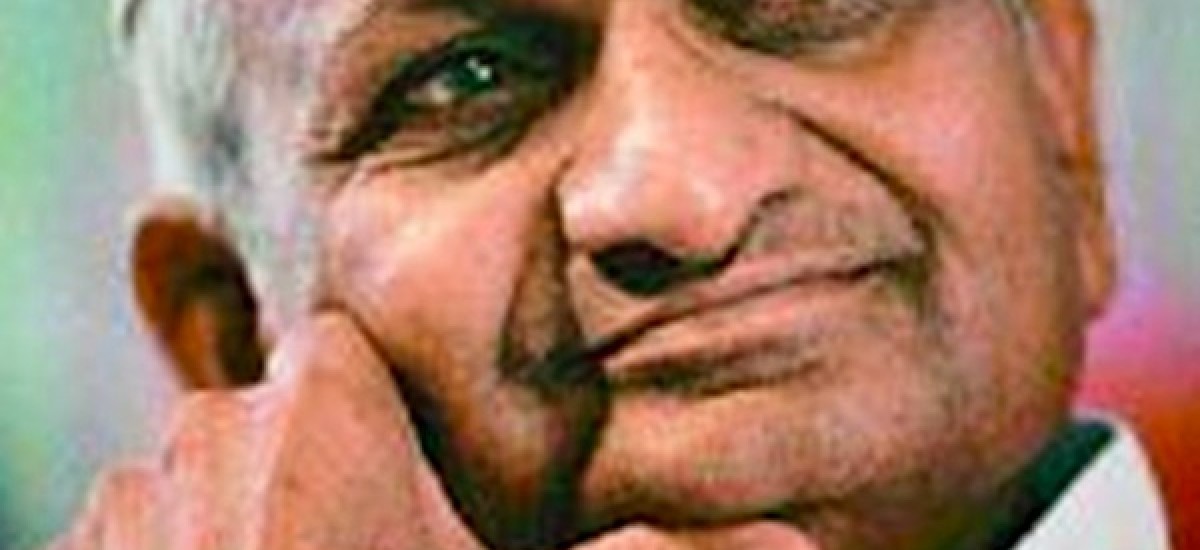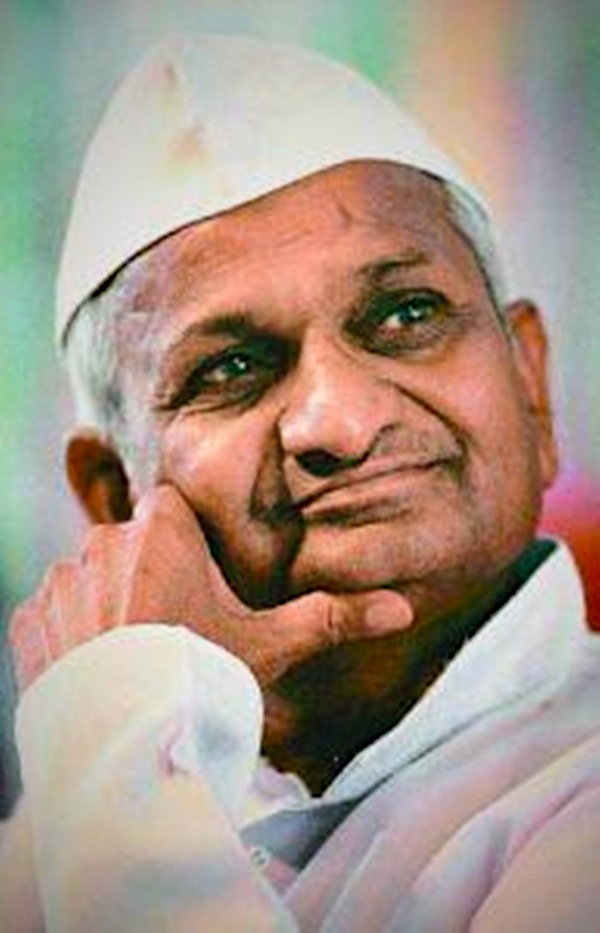Anna Hazare, courtesy Injustices.in Foundation
It was just last week that the BBC featured a documentary describing the post war atrocities committed against vulnerable Tamil women in the north and east who are part of the captive Tamil population subject to heavy militarization.
Although the state of emergency was suddenly and mysteriously lifted by the President, last week, obviously due to international pressure, we see that new legislation is being introduced to circumvent such action and thereby nullify the objective of removing now redundant laws that stifle democratic freedoms and fundamental rights of the people.
While we wait and watch, another phenomenon is taking place – that of the ‘grease devils’ which, incidentally, was also featured on international news recently. Why are areas of disturbance predominantly in ethnic minority populated regions of the country such as Jaffna, Mullaitivu, Trincomalee,Batticaloa, Ampara, Puttalam and Hatton. The latest attack being in Kokuvil, Jaffna( recently sinhalized name change is kokavilla).
Use of force by the State against innocent village vigilante groups who surrounded army camps and pelted stones suspecting complicity by the armed forces has resulted in death and injuries to several villagers. The brutal terror used by the armed forces is totally unacceptable – in many instances they allegedly dressed in civvies, dragged out sleeping men from their homes at night and beat them mercilessly resulting in serious injuries and even death to some.
For how long can the State hide their obvious complicity – or is it that the Forces are acting in a lawless manner beyond the control of the State? A primary source confirmed that some army personnel trivialized the issue as only a political game which does not impact the majority.
Civil society is afraid to ask questions, quite understandably, when the enforcers of law behave like terrorists and the State remains in denial. The media is also silent in fear of reprisals by the State. What is more, all this is happening despite the State being under the persistent glare of war crimes allegations and the urgent need to respond to the concerns of the international community. Does the State think that it can continue to act in such a brazen and unaccountable manner to its ethnic minority citizens as well as to the rest of the world?
Is it that most of us just don’t care what happens to the vulnerable ethnic minorities? Are we doomed to repeat history? We can ill afford a resumption of the ethnic conflict.
Sri Lankan civil society is gravely in need of leadership of the calibre of India’s Anna Hazare to inspire bold demands for good governance and accountability. We are, indeed, tired of the gangster type, lawless and autocratic style of governance prevalent today. The State appears to have reached its lowest level of moral and ethical decadence compounded by the inaction of our back boneless opposition.
We need rational and objective debate and discussion which will inspire new leadership and strong social activism.


